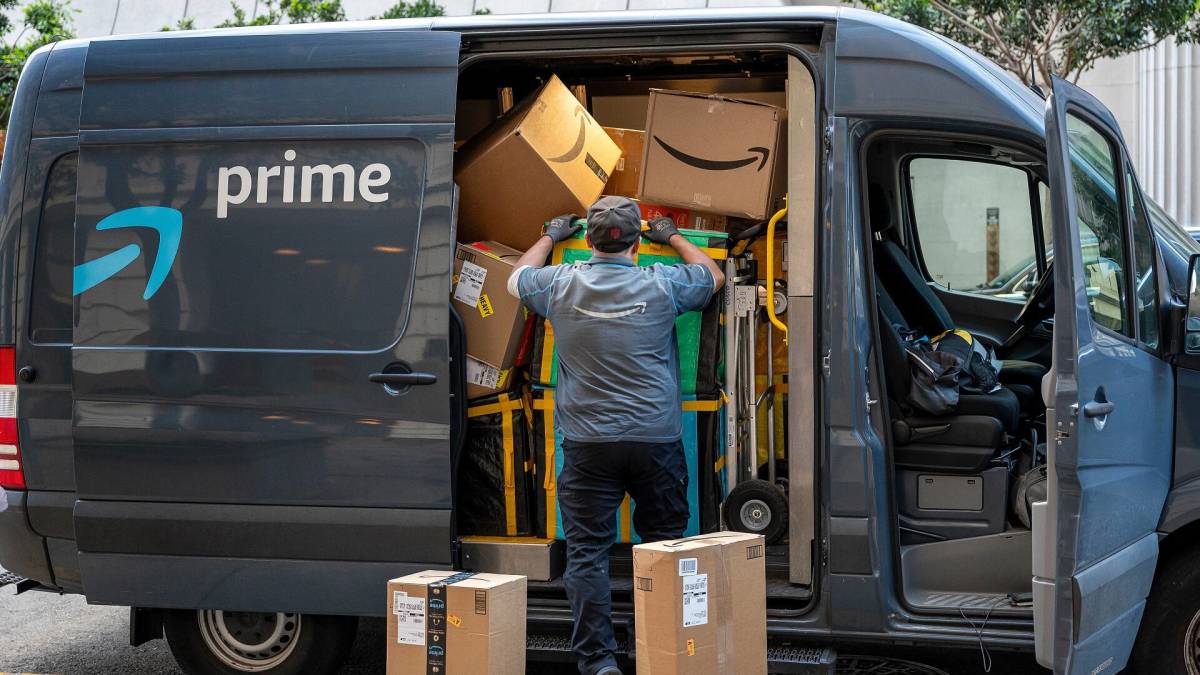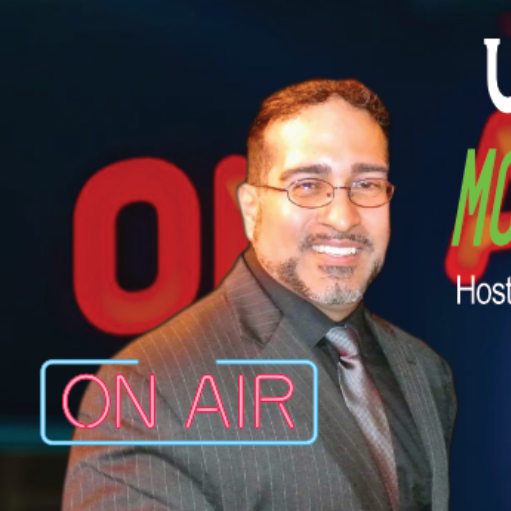A few months ago, Amazon (AMZN) CEO Andy Jassy raised alarm bells nationwide when he sent a stern warning to customers about the growing threat of President Donald Trump’s tariffs and their potential impact on Amazon’s prices.
Tariffs are taxes companies pay to import goods from overseas, and the extra cost is often passed down to consumers through price hikes.
💵💰Don’t miss the move: Subscribe to TheStreet’s free daily newsletter 💰💵
In an interview with CNBC in April, Jassy warned that third-party sellers on Amazon may pass the extra costs that tariffs may bring onto customers. However, he emphasized that the company’s top priority is keeping prices low for consumers.
Related: Amazon pulls the plug on a free service for customers
“We’re doing everything we can to try and keep prices the way they’ve been for customers – as low as possible,” said Jassy. “We’ve done some strategic forward inventory buys to get as many items as makes sense for customers at lower prices.”
According to a recent survey from market research company Numerator, 87% of consumers are worried about tariffs impacting their finances.
Also, 80% of consumers are adjusting their finances or shopping habits in response to tariffs, which includes delaying nonessential or expensive purchases, buying less imported goods, searching for sales and coupons, and switching to shopping at lower-priced retailers and discount stores.
 An Amazon delivery driver unloads a truck full of packages.
An Amazon delivery driver unloads a truck full of packages.
Image source: Bloomberg/Getty Images
Amazon Prime Day is off to a rough start
Amid this growing threat, Amazon made crucial changes to its annual Prime Day sale, which started on July 8, to attract more customers. First, it extended the sales event to four days; last year it was only two days long. Amazon has also ramped up advertising of the event’s steep discounts.
However, despite these efforts, Amazon Prime Day sales are off to a slow start, according to a recent report from Bloomberg.
Momentum Commerce, which manages Amazon sales for multiple brands, found that Amazon’s Prime Day sales were 14% lower in the first four hours of the event compared to the start of last year’s sale.
Related: Target has another big problem amid alarming customer behavior
In June, Momentum Commerce estimated that Prime Day sales would increase by 14% from last year.
Bloomberg notes in its report that since Prime Day is now four days long this year, consumers could be delaying purchases in hopes of seeing steeper discounts in the later days of the sale.
In a LinkedIn post last week, Momentum Commerce warned that this year’s Prime Day is “completely different.”
Amazon customers are proceeding with caution
So far, it appears that many consumers are being very cautious about their Prime Day purchases amid inflation and tariff concerns.
According to a new survey from Numerator, only 68% of shoppers were “extremely” or “very satisfied” with this year’s Prime Day deals.
Also, 50% of shoppers compared Amazon’s prices with other retailers before making Prime Day purchases. The top three categories in which Prime Day shoppers made purchases were apparel and shoes, health and wellness, and home goods.
More Retail:
- Costco quietly plans to offer a convenient service for customers
- T-Mobile pulls the plug on generous offer, angering customers
- AT&T makes generous offer to older customers
The initial decline in Prime Day sales comes after Amazon’s Prime memberships skyrocketed over the past few years.
Amazon Prime, which is $14.99 a month and offers Amazon customers access to exclusive benefits such as free shipping, one-day delivery, Prime Day discounts, etc., reached about 180.1 million U.S. subscribers last year, according to data from Statista. This number is about 44% higher than the number of U.S. subscribers it had in 2017.
Amazon Prime is projected to reach 185 million U.S. subscribers this year as the service continues to see increased consumer demand.
The slow start to sales also comes during a time when Amazon is facing a monthlong boycott from consumers, led by The People’s Union USA.
In an Instagram post, The People’s Union USA founder John Schwarz said the group called for an Amazon boycott because of how it treats its workers on Amazon Prime Day and its founder’s alleged minimal tax payments.
“Behind those illusionary deals are workers who are suffering,” said Schwarz. “They are working in extreme heat, on their feet with no time to breathe. They are pushing their bodies to the limit so Jeff Bezos can throw a multi-million-dollar wedding in Venice. Now that is not success, that is a disconnect. That is a man getting rich while the people making it possible are being pushed to the edge while they barely make a livable wage. And Jeff Bezos makes over $7 million per hour and pays 1.1% in taxes.”
Related: Home Depot, Amazon, Starbucks suffer major boycott from customers
